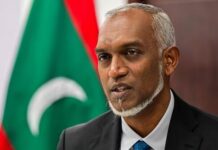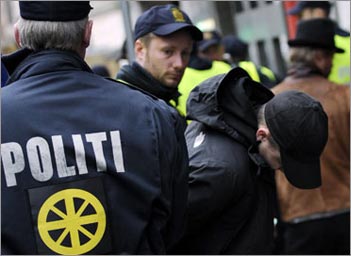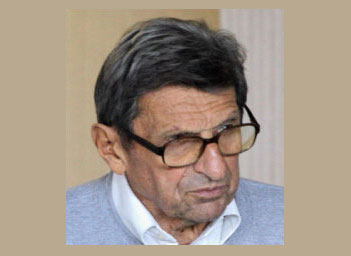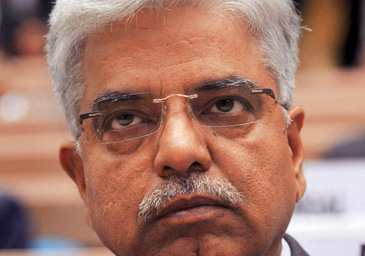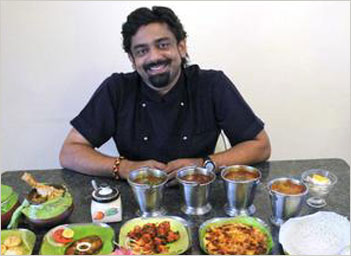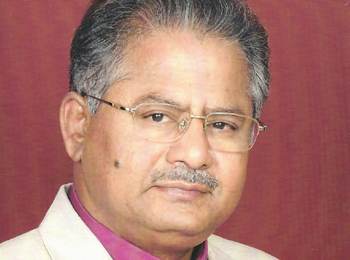 PRESIDENT of the National Council of Churches in India (NCCI) Bishop Taranath S Sagar praised BJP’s PM candidate Narendra Modi for pursuing developmental issues.
PRESIDENT of the National Council of Churches in India (NCCI) Bishop Taranath S Sagar praised BJP’s PM candidate Narendra Modi for pursuing developmental issues.
The head of the umbrella organization of around 30 churches in India said this while addressing a press conference to start the final stage of centenary celebration of the NCCI.
“When Narendra Modi became the chief minister of Gujarat, he changed the chord of development,” Sagar said.
“We represent a lot of churches and I cannot say anything particular. But my feeling is that if he is elected as PM, Modi will put aside strong Hindutva agenda. He should not succumb to lower cadres,” he said.
According to him, even if Modi pursues secular agenda, the rank and file of BJP and RSS will stick to religious agendas.
Reminding of how former Prime Minister Atal Bihari Vajpayee had condemned riots in Gujarat as against ‘dharma’ he said, even in Karnataka BJP performed better than Congress at times.
Talking about policies enabling upliftment of dalits, Sagar said that Christians have not been acknowledged as a true minority in India. Moreover, while almost half of the country’s Christian population is non-Catholic, more participation of non-Catholics are needed in the legislature.
“We will see to it so that non-Catholics are also included in the legislature in greater numbers,” Sagar added.
National Council of Churches in India, which is at the final stage of its centenary celebration in the country, will also organize a debate on emerging geopolitical issues in South Asia. The council, which is an ecumenical expression of all the protestant and orthodox churches in India, serves as an umbrella organisation for 30 member churches, 17 regional Christian councils, 17 all India Christian organisation and 7 related agencies. In tune with the motto of ecumenism, initiatives aimed at greater Christian unity or cooperation, the council works among people to forge greater solidarity. The celebration which will continue till November, will include national and international seminars in cities like Aizawl, Hyderabad and Mumbai.
Missionaries from different denominations and societies had met in Kolkata in 1855 in Kolkata for the first provincial conference in order to consider questions connected with their common work. The example was later replicated in other parts of India. Several national and local conferences in later decades paved the way for the National Missionary Council and its local branches. The Times of India





